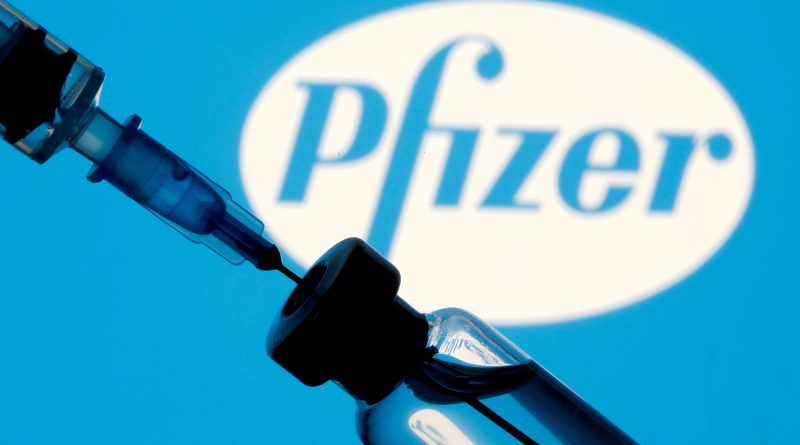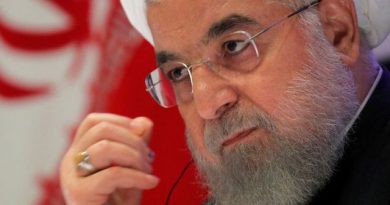Pfizer secures $10 billion Metsera deal after Novo Nordisk withdraws
Pfizer’s $10 billion acquisition of Metsera marks a major victory for the U.S. pharmaceutical giant, strengthening its position in the fast-growing obesity drug market as Novo Nordisk steps aside.
The deal highlights Pfizer’s renewed push for innovation and its strategic comeback in biotech investments.
Pfizer has successfully closed a $10 billion deal to acquire Metsera, a promising obesity drug developer, after a competitive bidding war with Danish rival Novo Nordisk.
The agreement, finalized late Friday, gives Pfizer access to Metsera’s advanced pipeline of weight-loss treatments expected to generate over $5 billion in peak sales.
Novo Nordisk, facing potential antitrust scrutiny, decided to withdraw from the race, clearing the way for Pfizer’s win.
Pfizer’s leadership described the acquisition as a crucial step toward reshaping the company’s future growth strategy.
By acquiring Metsera, Pfizer gains access to next-generation obesity medications and cutting-edge metabolic research that could rival top players in the sector.
The company emphasized its commitment to tackling global health challenges and advancing patient care through science-backed innovation.
Metsera’s shareholders are expected to approve the merger following their November 13 meeting, with Pfizer paying $86.25 per share — a 3.69% premium over the previous closing price.
The offer includes a mix of cash and contingent value rights, giving shareholders additional payments tied to future performance milestones.
This structure reflects Pfizer’s confidence in Metsera’s long-term profitability and its focus on sustainable business growth.
The acquisition strengthens Pfizer’s ambition to expand beyond vaccines and infectious diseases into metabolic and chronic care segments.
Metsera’s strong R&D capabilities align with Pfizer’s strategic goal of leading the next wave of healthcare innovation, particularly in obesity and metabolic treatments — markets projected to exceed $100 billion in the next decade.
For Novo Nordisk, the decision to step back was described as a calculated move. The Danish company reaffirmed that while the Metsera bid had high potential, it carried “unacceptably high legal and regulatory risks.”
Novo Nordisk reiterated its commitment to advancing its own obesity drug pipeline, with new therapies already in late-stage trials.
Analysts noted that Novo’s withdrawal underscores a disciplined approach to acquisitions, focusing on organic innovation and risk management.
Pfizer’s win represents not just a financial acquisition but a strategic milestone in its post-pandemic transformation. After years of depending on COVID-19 vaccine revenues, Pfizer is diversifying its portfolio through investments in chronic disease treatments and biotechnology.
The company views the Metsera deal as a pivotal move to boost competitiveness in a sector increasingly dominated by Eli Lilly and Novo Nordisk.
Market analysts have reacted positively to Pfizer’s move, highlighting its potential to deliver both scientific and commercial advantages.
Metsera’s lead compounds are expected to enter late-stage trials within the next two years, positioning Pfizer to challenge current obesity market leaders.
The deal also sends a strong signal to investors about Pfizer’s proactive M&A strategy and willingness to take bold steps to regain market momentum.
Meanwhile, the U.S. Federal Trade Commission’s recent scrutiny of large-scale pharma mergers played a role in shaping Novo Nordisk’s withdrawal.
According to Metsera, the FTC had raised antitrust concerns regarding Novo’s bid, which could have delayed or blocked the transaction. Pfizer’s offer, by contrast, was viewed as compliant and strategically sound, paving the way for a smoother regulatory approval process.
In the broader industry context, the Pfizer-Metsera deal symbolizes a shift toward precision medicine and weight management therapies driven by innovation.
As global health systems focus on obesity as a critical concern, Pfizer’s acquisition positions it at the forefront of medical advancement, combining robust R&D with a commitment to improving patient lives.



